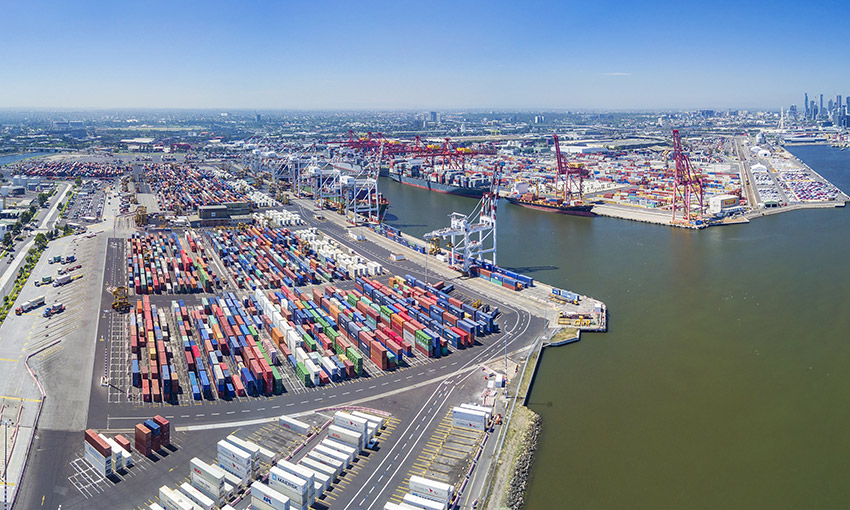GOVERNMENTS of the United Kingdom and France have launched charters that aim to improve the wages and working conditions of seafarers.
The UK government on 24 July launched its the Seafarers’ Charter, which sets out to ensure fair wages, proper rest periods and suitable training for seafarers.
The charter is part of the UK’s response to P&O Ferries’ decision to sack more than 800 seafarers last year. Ferry lines DFDS Ferries, Condor Ferries, Brittany Ferries and Stena are backing the new charter.
It is also part of the government’s plan to protect seafarers and boost employment protections, to make sure seafarers are paid and treated fairly irrespective of flag or nationality.
UK maritime minister Charlotte Vere launched the UK charter during a visit to Paris, where the French government launched a similar initiative. The governments have agreed to join forces to improve seafarers’ welfare.
“Fair pay and protection against unlawful discrimination are the basic rights of any employee. Our seafarers deserve nothing less,” Baroness Vere said.
“I therefore expect companies across the maritime sector to sign up to this charter, letting their staff know they’re serious about protecting their rights and welfare.
“Today, in Paris, alongside Minister Berville, we strengthen our commitment to protect those working in the channel and we’ll continue collaborating with our international partners on this vital issue.”
The Seafarers’ Charter requires employers to pay seafarers for overtime at a rate of a least 1.25 times the basic hourly rate, ensure adequate training and development is provided and provide employees with a full, indefinite contract.
It also requires employers to allow seafarers to receive social security benefits, including sickness benefits, family benefits, and medical care; adopt roster patterns considering fatigue, mental health and safety; provide adequate rest periods between shifts and rosters and carry out regular drug and alcohol testing.
The UK government said the code would make it “explicitly clear” to employers that they must not use threats of dismissal to pressurise employees into accepting new terms, and they should have honest and open discussions with their employees and representatives.
Condor Ferries CEO John Napton said the company is dedicated to building a diverse, inclusive and authentic workplace for staff and crew across the network.
“We therefore fully support the Seafarers’ Charter being launched by the UK government today,” he said.
Brittany Ferries CEO Christophe Mathieu said he believes all ferry companies should aim for the highest bar and “not participate in a race to the bottom”.
“That’s why this charter is such an important step forward for us,” he said
“We never forget the importance of seafarers and are proud to be part of the fight to protect their rights, on both sides of the channel.
“We also intend to shout about this from the rooftops, urging freight and passenger customers to make the right decision when choosing a carrier.”
And Gemma Griffin, vice president and head of global crewing at DFDS, said the company welcomes the charter and any related legislation that protects the employment rights of seafarers and ensures that there is a level playing field for all operators.
“We have been cooperating with the French and UK authorities on the practical application of the charter and the new laws, and are very pleased to see the actions taken by both authorities, so far.”





